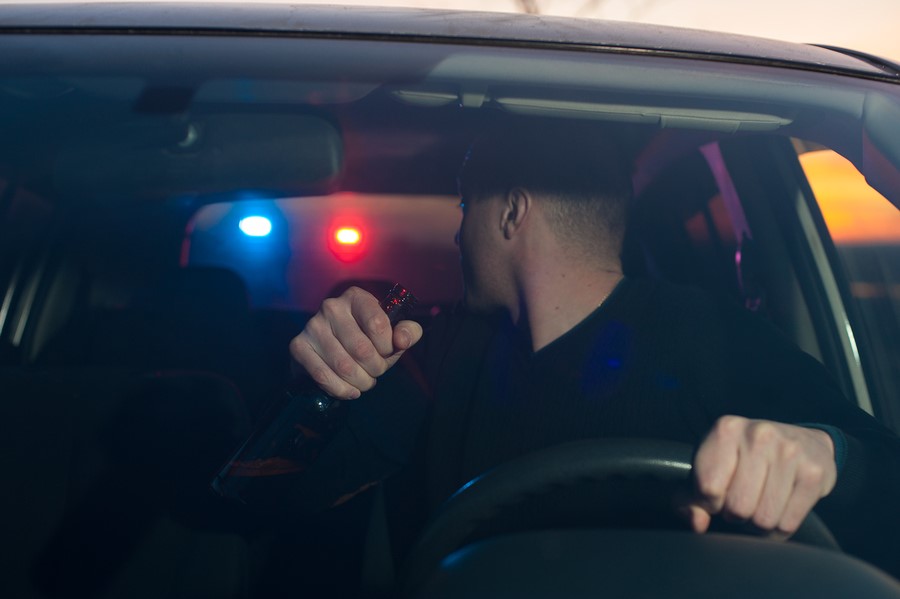
The UK is of course made up of England, Wales, Scotland and Northern Ireland, but there are discrepancies between jurisdictions. Scotland, once had a parity with the rest but has lowered its limits for drink driving. It is entirely possible, that you could cross from England under the limit, and into Scotland over it. Keep this is mind if you are travelling to Scotland.
These figures may not mean a lot to most people, but they do show the differences since the change. Breath levels are 35 UK, 22 Scotland; Blood 80 UK, 50 Scotland and urine 107:67. It is roughly about two thirds in each case. Furthermore, if you are banned anywhere in the UK, you cannot drive elsewhere in the UK, even if the conviction is in Scotland with the lower thresholds. The drink drive penalties are the same, and if caught out, then you should instruct a drink driving solicitor to represent you. A ban will remain a ban, but financial hardship may be reduced overall.
Factors
The difficulty is that the reaction to alcohol varies between individuals. There are so many factors that will change a reading between two people, indeed between the same person on two occasions. There cannot really be a guide as to how much you the individual can drink before going over the limit. Factors do however include:
• Weight – generally bigger people are less affected
• Age
• Sex
• Metabolism – the speed which your body burns food for energy
• The type of alcohol
• Whether any food has been eaten with, before or after the alcohol
• Stress levels
It is obvious therefore that no true guidelines can be given that would properly factor in all of these variables. However, recent labelling laws have helped in that the number of alcoholic units in each drink is now often informed to the consumer at the time of purchase. The general rule of thumb is that from the cessation of alcoholic intake, one unit of alcohol is burned per hour. So 10 units, will take 10 hours to get out of your system fully, which is why it is so much easier to be caught out the morning after a late night drinking session.
When are you tested?
If you are driving, attempting to drive, or are in charge of a motor vehicle on a road or any public place e.g. a garage forecourt or pub car park, may be required by the police to provide a breath-test. This will determine whether or not the alcohol in their system exceeds the maximum prescribed legal limit.
If you are given a test and fail, you will be arrested, then taken to the station for a second test using a more accurate machine. If the second reading goes below the limit, you may not be charged, but it is also possible that a back calculation will take place – noting that the time between tests has allowed your body to process additional alcohol.
If you are charged, you cannot drive, and will need a drink driving Solicitor for your Court appearance. If you are not, then you are free to leave.
In the end:
Taking chances with your livelihood should not be done flippantly. If there is any doubt, do not drive. Remember that this is true the morning after too. The level of fine and possible prison sentences are discretionary, so get a drink driving Solicitor. However, in the end it is much easier to deal with all of this before it is a problem, and simply leave the car at home.
